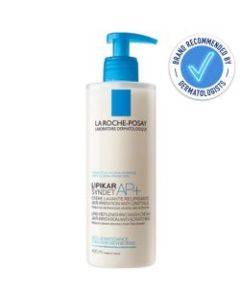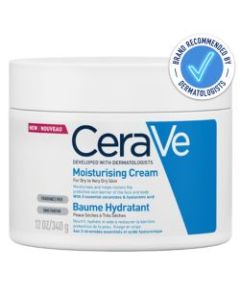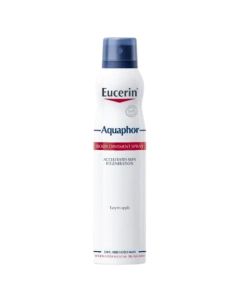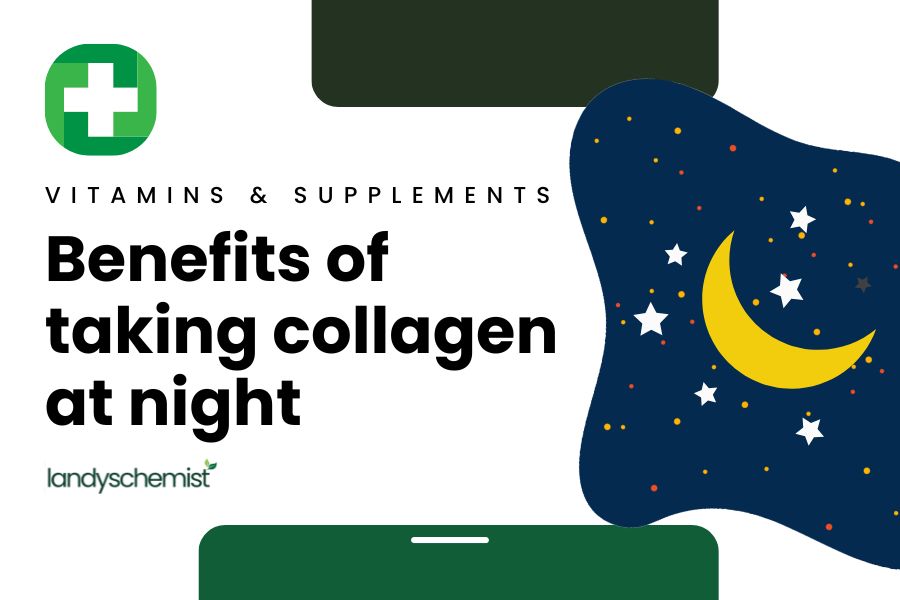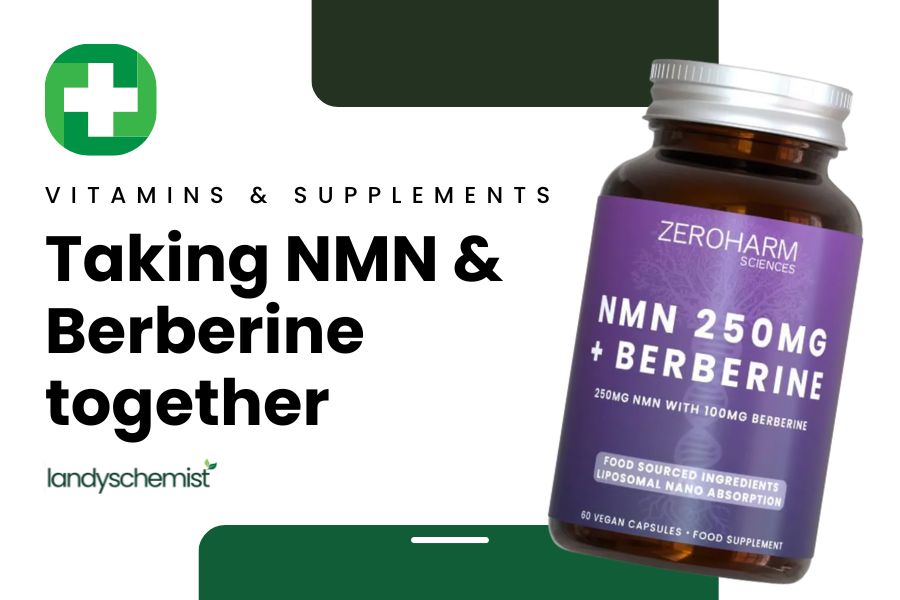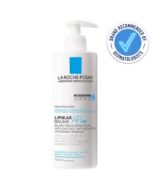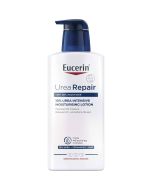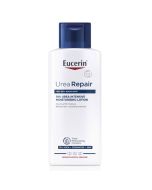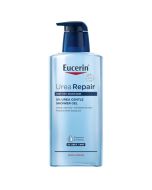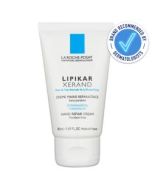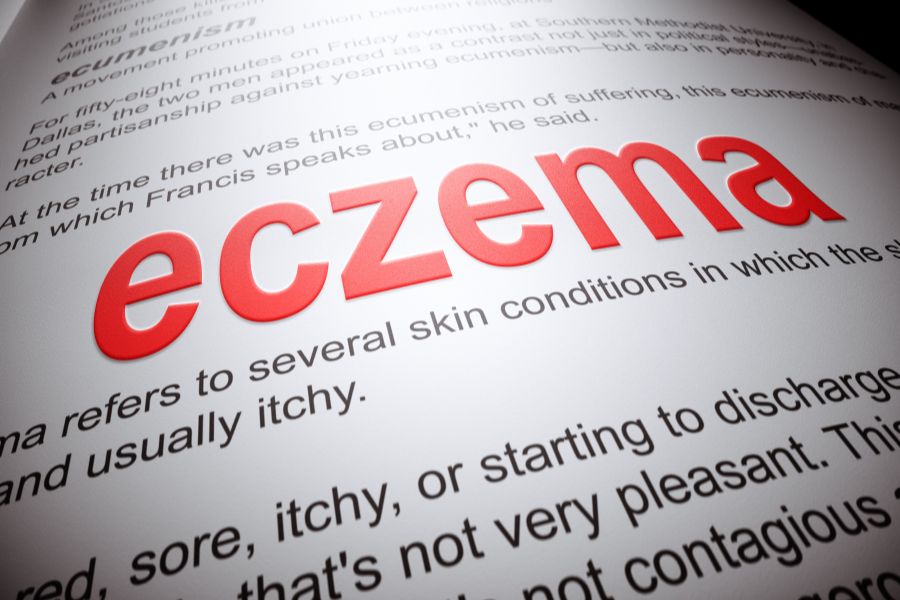
Non-Steroidal Treatment Alternatives For Eczema
What Is Eczema?
Eczema, also known as atopic dermatitis, is a chronic skin condition characterised by inflammation, redness, dryness, itching, and sometimes the formation of small, fluid-filled blisters. It is a condition that can vary in severity from mild to severe. Eczema tends to be recurrent and can significantly affect a person's quality of life. (Can it occur from any age etc)
Symptoms of Eczema:
- Itching
- Dryness
- Redness
- Swelling
- Cracking
- Sensitive Skin
- Discolored Patches
- Itchy Bumps
Eczema commonly appears on the face, hands, feet, insides of elbows, behind the knees, and other areas. The symptoms can range from mild dryness and itching to severe inflammation, causing the skin to crack, become thickened, or develop open sores. Scratching can worsen the condition and lead to further complications, such as bacterial infections.
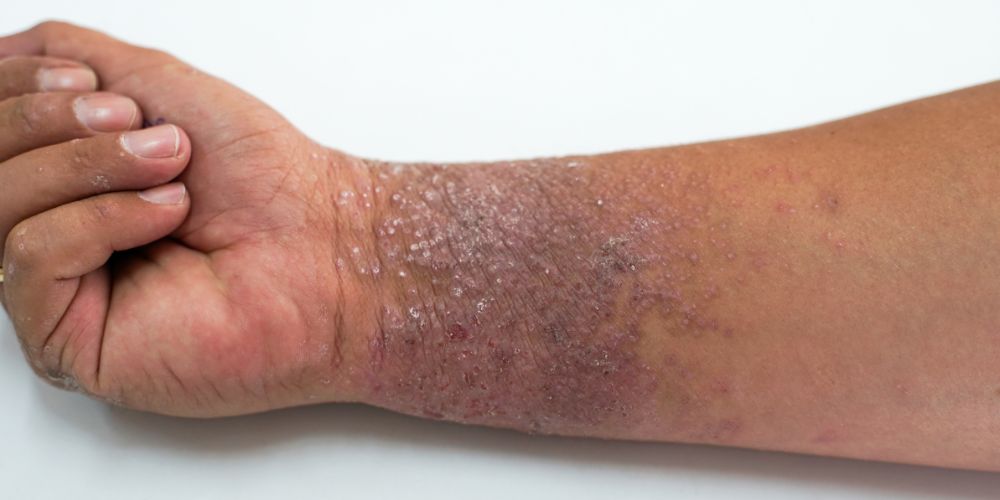
What are some causes of Eczema?
The exact cause of eczema is not fully understood. It is likely a combination of genetic, environmental, and immune system factors that contribute to the development of the condition.
Here are some key factors that are believed to play a role in causing eczema:
Genetics
A family history of eczema, allergies, or asthma increases the risk of developing eczema. Certain genetic variations may affect the skin's barrier function and immune response, making individuals more susceptible to inflammation and irritation.
Immune System Dysfunction
Eczema is associated with an abnormal immune response. People with eczema tend to have an overactive immune system, which can lead to chronic inflammation and skin irritation. Whilst some immunodeficiency disorders are related to genetics, many people also develop them at different stages in their lives.
Skin Barrier Dysfunction
The skin acts as a barrier that protects the body from external irritants and allergens. In individuals with eczema, the skin's barrier function is compromised, allowing irritants and allergens to penetrate more easily and trigger an immune response.
Environmental Factors
Various environmental factors can trigger or worsen eczema symptoms. These include exposure to irritants like harsh soaps, detergents, fragrances, and certain fabrics. Changes in temperature, humidity, and sweating can also affect the skin's moisture balance and contribute to eczema flare-ups.
Allergens
Allergens such as pollen, dust mites, pet dander, and certain foods can trigger allergic reactions in some individuals, potentially leading to eczema flare-ups. Food such as nuts, eggs, wheat and dairy trigger the release of inflammation-causing T cells, resulting in eczema flare-ups.
Dysregulation of Skin Microbiome
The skin has a natural ecosystem of microorganisms, known as the microbiome, which plays a role in maintaining skin health. Alterations in the skin microbiome composition, such as bacterial, viral and fungal infections, have been linked to eczema.
Stress
Psychological stress and emotional factors can trigger or worsen eczema symptoms in some individuals, likely due to their effects on the immune system and inflammation. Research has shown that when we are put into stressful situations, there is an increase in inflammatory activity.
Why Choose Non-Steroidal Alternatives For Eczema?
People dealing with eczema often receive treatments containing steroids (corticosteroids) to manage flare-ups. Nevertheless, extended use of such treatments can lead to diverse side effects such as increased blood vessel visibility and dermatitis. Therefore, non-steroidal treatments are preferable for the overall maintenance of eczema.
Here are some advantages of using non-steroidal treatments for eczema:
Reduced Risk of Skin Thinning
One of the main concerns with long-term use of topical corticosteroids is the potential for skin thinning (atrophy). Non-steroidal treatments like topical calcineurin inhibitors have a lower risk of causing skin thinning, making them suitable for sensitive areas and for prolonged use. The chemicals in corticosteroids inhibit collagen synthesis, so it is better to use gentler, non-steroidal treatments that will boost your collagen levels rather than diminish them.
Suitable for Sensitive Areas
Non-steroidal treatments are often recommended for sensitive areas of the body, such as the face, eyelids, and genital regions, where skin is thinner and more susceptible to steroid-induced side effects. They do not contain the harsh chemicals found in steroidal treatments and contain ingredients that soothe and moisturise the skin gently.
Suitable for Long-Term Use
Non-steroidal treatments can be used for longer periods without the same concerns about side effects as with corticosteroids. This can be particularly helpful for individuals with chronic or recurrent eczema who need ongoing treatment. Using corticosteroid treatments over a long period of time not only result in the afformentioned side effects worsening, but can also lead to topical steroid addiction.
Maintenance and Preventive Therapy
These treatments can be used as part of a maintenance regimen to keep eczema symptoms under control and prevent flare-ups. This can help reduce the need for stronger medications during acute episodes.
Anti-Inflammatory Effects
Non-steroidal treatments, like calcineurin inhibitors, are immunomodulators that help reduce inflammation and the itching and discomfort associated with that, which are key features of eczema. They work by targeting specific immune cells and proteins involved in the inflammatory response.
Our Recommended Non-Steroidal Products For Eczema:
La Roche-Posay Lipikar Syndet AP+ 400ml:
- Recommended by dermatologists
- AP + M formula rebalances the skin microbiome
- Anti-scratching and anti-flare up
CeraVe Moisturising Cream Jar 340g:
- Recommended by dermatologists
- Non comedogenic and hypoallergenic
- Contains 3 essential ceramides for optimal moisture
Eucerin Aquaphor Body Spray Balm 250ml:
- Lightweight spray-on formula makes it easy to apply quickly or on the go
- Contains glycerin which retains water for long-lasting hydration
- Contains panthenol which enhances skin repair and regeneration
FAQs
Can eczema be contagious?
No, eczema is not contagious. Eczema, also known as atopic dermatitis, is a chronic inflammatory skin condition that is not caused by bacteria, viruses, or other pathogens. It cannot be spread from person to person through physical contact or other means.
How common is eczema?
Studies have shown that 2.4% of the entire population are affected by eczema in their day to day lives. In certain countries it is more prevalent than others, for example in Sweden 20% of the children have it.
Are there certain people who are more at risk of developing eczema?
- Eczema tends to run in families, so if you have a parent or sibling with eczema, asthma, or hay fever, your risk of developing eczema may be higher
- Specific genetic variations are associated with eczema
- People with a history of allergies are at a higher risk of developing eczema
- Eczema is more common in infants and young children
- Exposure to certain environmental factors, such as irritants, allergens, and pollutants, can increase the risk of developing eczema
- Eczema is associated with immune system dysfunction, where the immune response to various triggers, including allergens and irritants, is heightened
- Alterations in the skin's natural microbiome, the community of microorganisms that inhabit the skin, may contribute to the development of eczema
- Emotional stress can worsen eczema symptoms and trigger flare-ups in susceptible individuals
- Eczema is slightly more common in females, although it affects both males and females
Is there a way to prevent eczema?
While there is no guaranteed way to completely prevent eczema there are steps you can take to reduce the risk of developing it or minimize its severity:
- Maintain Skin Health
- Identify and Avoid Triggers
- Avoid Overheating
- Manage Stress
- Practice Good Hygiene
- Maintain a Healthy Lifestyle
- Avoid Scratching
- Consult a Healthcare Professional
- Follow Treatment Plans
What materials that aggravate eczema?
- Synthetic Fabrics
- Wool
- Tight Clothing

